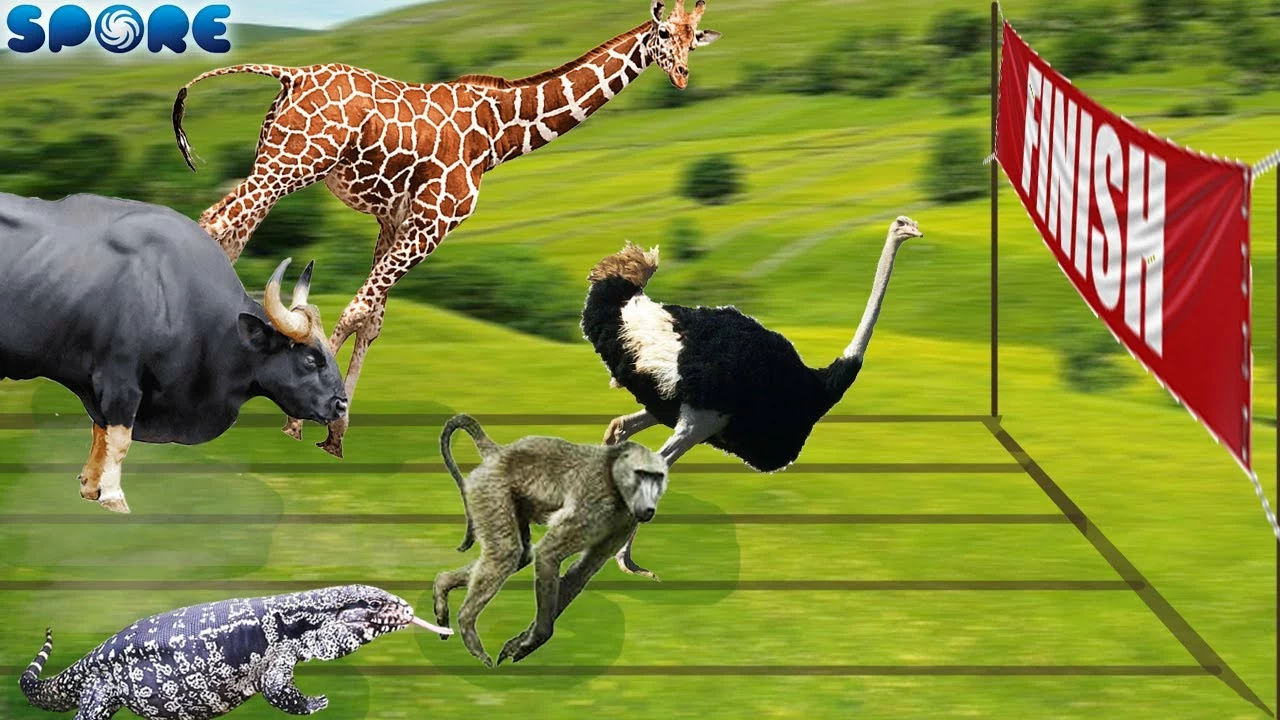Mingling of Species: A Close Look
You might have asked yourself at some point - Can different animal races have kids, or in more scientific terms, can species interbreed? Well, dear reader, if you’ve been grappling with this question, I am here to lighten your cognitive load and get those wheels of thought in your mind spinning. Be warned though; we are about to embark on an intensive exploration of animal species and their breeding behaviors. So strap in!
Allow me to lay down some groundwork first: Theoretically, different breeds within a species can mate and produce offspring. Think of my Beagle, Rufus - he could easily pair up with a Labrador Retriever and make adorable Lab-Beagle puppies, which I’m certain Penelope, my lovely partner, would be over the moon with. But, things get complicated when it crosses the line of species. It all comes down to genetics. Think of your DNA as a complex Lego construction. The bricks can only fit together in certain ways. Now, imagine trying to fit together Lego bricks with another brand. Sure, some parts might match, but overall, they just don't interlock. And that's essentially what happens with differing animal species.
When Different Species Break The Rule
Intriguingly, while most different species cannot breed due to innate genetic discrepancies, there are some exceptions. These exceptions are all around us. Take mules, for instance. These are the offspring of a male donkey and a female horse—quite different species fusing their genetic material to create a new life form. The same goes for ligers (a male lion and a female tiger) and beefalos (a buffalo and a cow). How cool is that?!
These crossbreeds, however, often come with a catch. Many of them, like mules, are sterile, meaning they can't reproduce. Their mixed-up chromosomes don't pair correctly during meiosis, the special kind of cell division that produces eggs and sperm. In short, producing viable offspring within a species is a complex process that often hits a dead-end when the parents are not of the same species.
Why Can't All Species Interbreed?
Remember when I spoke about DNA being like Lego pieces? This analogy is crucial to understanding the barriers to inter-species breeding. Different species often have dissimilar chromosome numbers and structures, which make it nearly impossible for them to breed and produce offspring. These species have developed different mating signals and behaviors, making it less likely they'd choose to mate with each other. Moreover, the physical differences often make mating difficult, if not impossible. Sorry Rufus, no matter how much you may adore the neighbor’s Persian cat, that love affair isn’t going any further!
These barriers are often nature's protective mechanisms, ensuring species maintain their unique identities and adaptations. Can you imagine the chaos if every animal species could freely interbreed? We'd have owls meowing and cats hooting in no time!
Additionally, the result of crossbreeding can often be detrimental to the offspring. In addition to sterility, crossbreeds often experience a plethora of health issues, decreased longevity, and an increased risk of death at an early age. So, while the idea of a new species may sound fascinating, it's typically not in the best interest of the species involved.
What About Hybridization?
Now, I bet some of you are wondering about hybrids. Hybrids, in biological terms, are offspring resulting from combining the qualities of two organisms of different breeds, varieties, species, or genera through sexual reproduction. Indeed, unlike inter-species breeding, hybridization is a whole different animal (pun intended!).
Hybridization tends to occur when closely related animal species mate, like the aforementioned mule. The resulting hybrids are usually but not always sterile. Despite this, hybridization plays an essential role in evolution by creating new genotypes and potentially even new species. Although, the ethical considerations behind human-induced animal hybridization for aesthetic or commercial reasons are multifaceted and often problematic.
There you have it - a deep dive into the complex world of animal breeding! This realm is truly a fascinating testament to the power of nature and the intricate webs it weaves. So next time you see your dog trying to cozy up to your pet iguana, remember – identity matters in the animal world. Rufus, for one, is damn proud to be a Beagle.
In our family, from Penelope, me, Elodi, Yorick, down to Rufus, we endorse diversity but also respect the spectacular matchmaker that evolution is. As for me, I better make sure Rufus isn’t planning any unsuitable escapades with the neighbor’s cat. Stay curious, folks!
